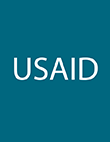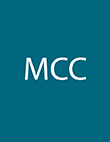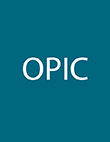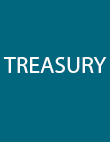Recommended
US foreign assistance plays a critical role in furthering our security and economic interests, and is an important expression of American values and a manifestation of US global leadership. As the political climate continues to shift, it is increasingly important to understand the nuances of each development agency’s role and comparative advantage within the broader and complex US assistance apparatus.
The US Development Policy Initiative at CGD has created the Foreign Assistance Agency Briefs for policymakers, researchers, advocates, and others that work on these issues and these agencies. Each brief outlines each agency’s mission and role, structure, historical budget, programs, and mechanisms for delivering foreign assistance.
Introduction to the Foreign Assistance Agency Briefs: The US Development Policy Initiative at the Center for Global Development launched the Foreign Assistance Agency Briefs for a simple reason. Foreign assistance is in the spotlight, slated for significant budget cuts during the Trump administration, yet it remains poorly understood.

United States Agency for International Development (USAID): The US Agency for International Development (USAID) is the lead US development agency, managing roughly $20 billion in annual appropriations. The agency operates in over 120 countries, including the world’s poorest and most fragile, and its work spans a wide range of sectors.

Millennium Challenge Corporation (MCC): Established in 2004, the Millennium Challenge Corporation (MCC) was designed with a singular mission: to reduce poverty through economic growth. The agency’s approach reflects key principles of aid effectiveness, including country selectivity, focus on results, and local ownership.

Overseas Private Investment Corporation (OPIC): Since 1971, the Overseas Private Investment Corporation (OPIC) has served as the US government’s development finance institution. OPIC works to mobilize private capital abroad to address development challenges while advancing US foreign policy priorities—furthering strategic, development, economic, and political objectives.
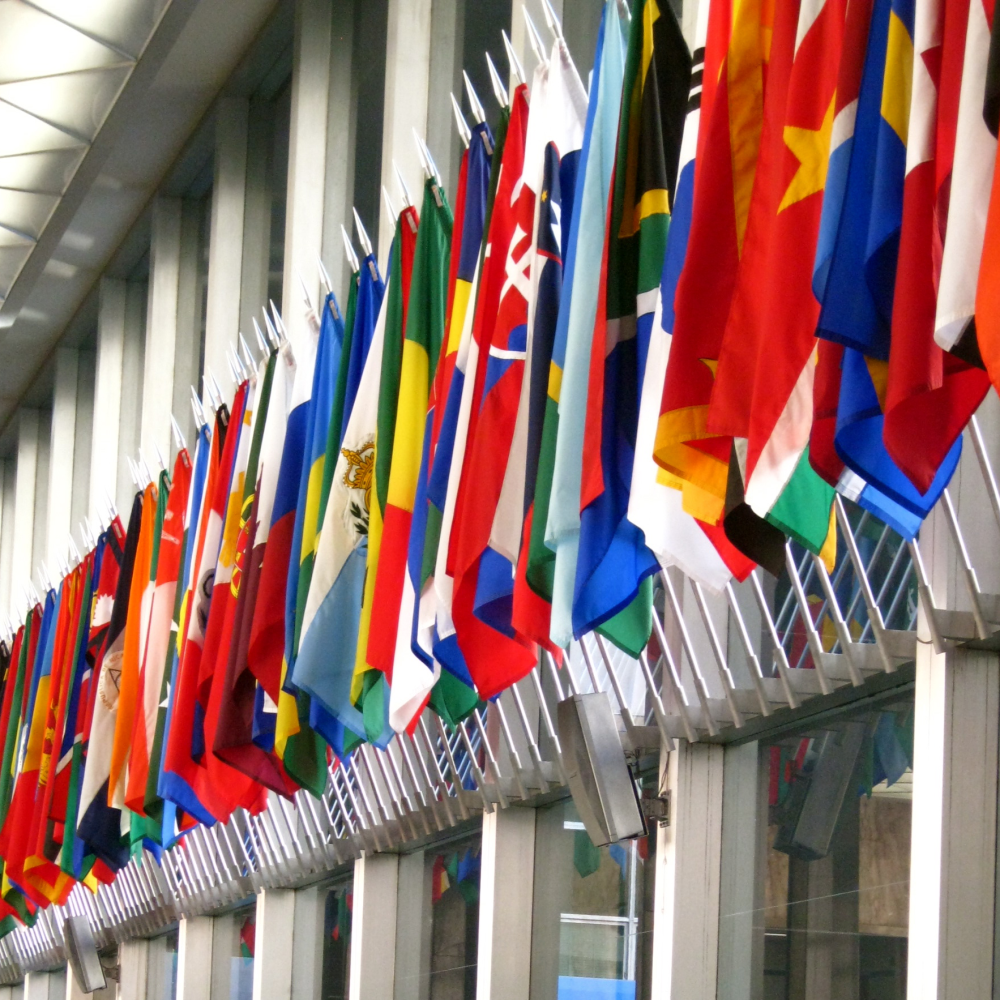
United States Department of State: The Department of State serves as the lead US foreign affairs agency. In addition to supporting its network of embassies and consulates across the globe, State plays a critical role in US government efforts to promote development and address humanitarian crises around the world.

United States Department of Treasury: Treasury’s Office of International Affairs works with other federal agencies, foreign governments, and international financial institutions to strengthen the global economy and foster economic stability.






